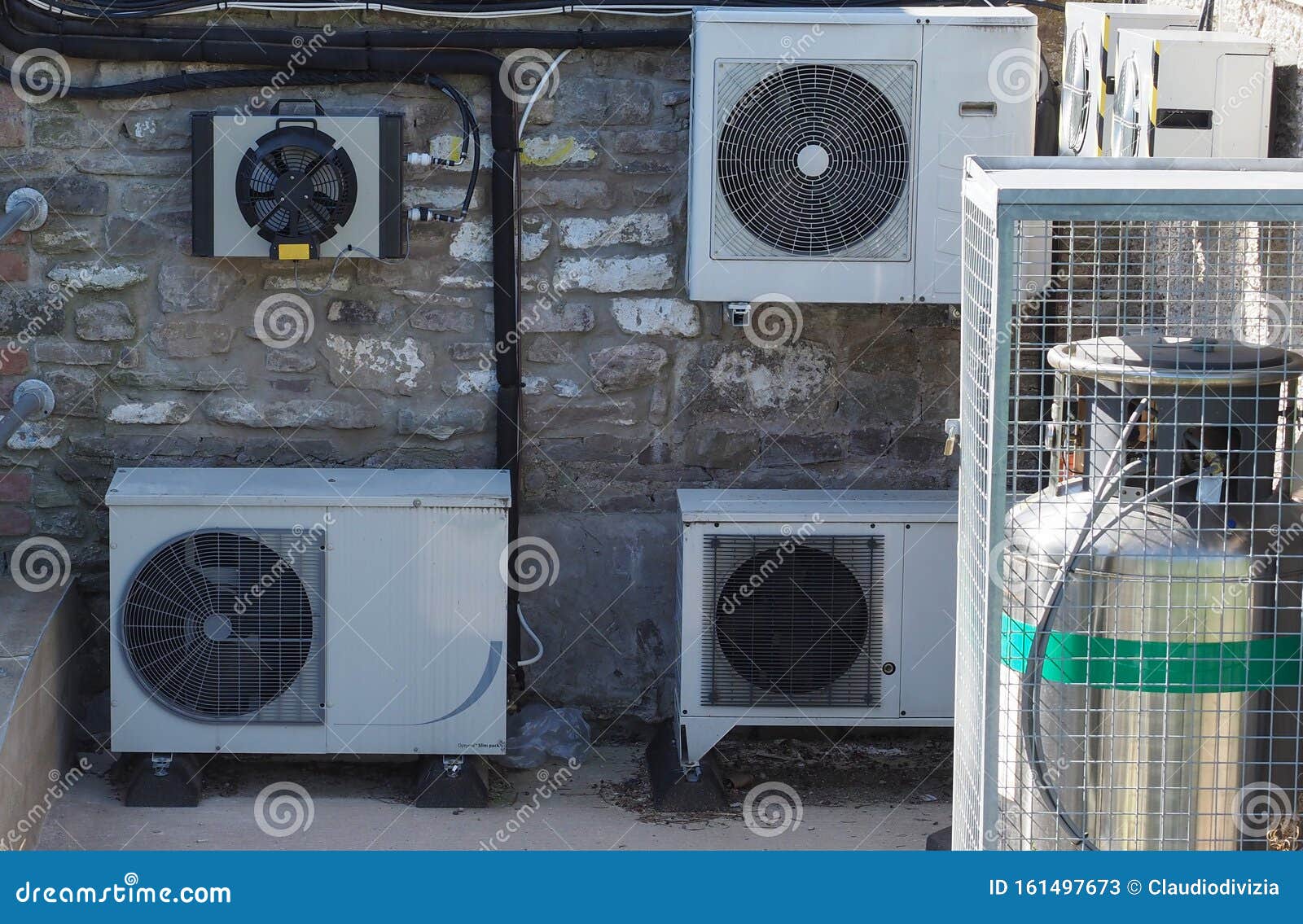Creating a comfy living environment within your home includes more than just adjusting the thermostat on chilly winter nights or even sweltering summer days. The key lies in mastering your current HVAC system, which is the spine of your home’s climate control. Along with smart solutions and even technologies now offered, homeowners have more alternatives than ever to improve their heating, ventilation, and air health and fitness systems, ensuring energy efficiency and ideal performance year-round.
In this guide, we will discover everything you will need to know about HVAC devices, from choosing typically the right one for your home to maintaining its performance in addition to addressing common problems that may arise. Whether you're considering a good upgrade to a new high-efficiency system, curious about smart thermostats, or searching for in season maintenance tips, this particular comprehensive resource can equip you along with the knowledge to make a more comfortable, energy-efficient home environment.
Choosing the particular Right HVAC System
Choosing the right HVAC system for your home is vital for ensuring comfort and energy performance. Begin by evaluating your home’s total area, insulation quality, plus geographical climate. Larger homes usually demand more powerful devices, whereas smaller rooms may be best offered by compact devices. Consider the energy effectiveness ratings of each unit, as higher ratings can result in significant savings on energy bills and reduce environmental impact.
Next, assess the type of HEATING AND AIR CONDITIONING system that best suits the needs you have. Key HVAC systems are usually ideal for sustaining a regular temperature through larger homes, while ductless systems offer you flexibility and performance for smaller spots or specific areas. Geothermal systems will be a sustainable alternative for those willing to invest in their very own long-term benefits. Prioritize your specific heating and even cooling preferences, and also any health things to consider, such as hypersensitivity or asthma, which usually might dictate the need for far better air filtration or perhaps humidity control.
Finally, seek advice from with HVAC experts to gain information tailored to your circumstance. They will help navigate your current options and assure that the installation lives with local building rules and regulations. Emphasizing quality over expense may yield substantial benefits in sturdiness and satisfaction down the particular line. A well-chosen HVAC system may enhance comfort, increase indoor air quality, and ultimately keep your energy ingestion in check.
Maintenance and Efficiency Tips
Regular upkeep is crucial intended for keeping your HEATING AND AIR CONDITIONING system running successfully. Start by booking professional inspections no less than twice a season. These check-ups can certainly catch potential issues before they turn into major problems, making sure your system operates smoothly. Additionally, changing air filters frequently is essential. Grubby filters restrict air movement, making your technique work harder and increasing energy consumption. Aim to look at and replace filtration systems every one to be able to three months, based on usage and the filter type.
Energy productivity can also become enhanced through easy adjustments in the home's thermostat settings. Consider using a pré-réglable or smart temperature control system to automatically adjust temperatures based in your schedule. This kind of can prevent needless heating or air conditioning when you're not really home, resulting in substantial energy savings over time. Additionally, close off any leaks in ductwork or around windows and doors to keep indoor temperatures in addition to reduce strain in your HVAC technique.
Finally, be proactive about understanding humidity ranges in your house. High humidity can easily make your HEATING AND AIR CONDITIONING system less effective and even contribute to form growth. Using a dehumidifier in combination with your HEATING AND AIR CONDITIONING system can support maintain optimal moisture levels. Regularly thoroughly clean and maintain elements like the condensate drain and evaporator coils to assure they operate proficiently and better your interior air quality.
Troubleshooting Popular HVAC Issues

When your HVAC system starts off exhibiting strange behaviors, it is usually frustrating plus uncomfortable. One regarding the most frequent issues is abnormal noise. If a person hear banging, rattling, or hissing seems, it might indicate loose parts, dirt in the system, or even issues using the ductwork. In order to troubleshoot this, initial check for virtually any visible obstructions and ensure that all parts are securely fixed. In case the noises continue to persist, it can be time to be able to consult a professional who can diagnose plus resolve the root problem.
Another frequent problem is inadequate cooling or heating. When your HVAC method fails to conserve the desired temperature, there are numerous potential culprits to consider. Start by examining your thermostat adjustments and be sure it is usually functioning correctly. Moreover, inspect the environment filter systems; dirty or back logged filters can considerably impede airflow, building it difficult to your system to high temperature or cool your property effectively. If these checks do certainly not resolve the problem, you may need to have to consider duct leaks or perhaps a refrigerant problem.
Humidity levels can also affect the HVAC system's functionality. If you observe excessive moisture in your home, that could signal that your air health unit is simply not removing humidity effectively. Ensure that your system’s condensate drain is usually not blocked, since this can lead to water accumulation. Additionally, consider utilizing the dehumidifier should your HEATING AND COOLING system is not really adequately managing dampness levels. By subsequent these troubleshooting suggestions, you can identify typical issues and consider appropriate measures regarding resolution.
